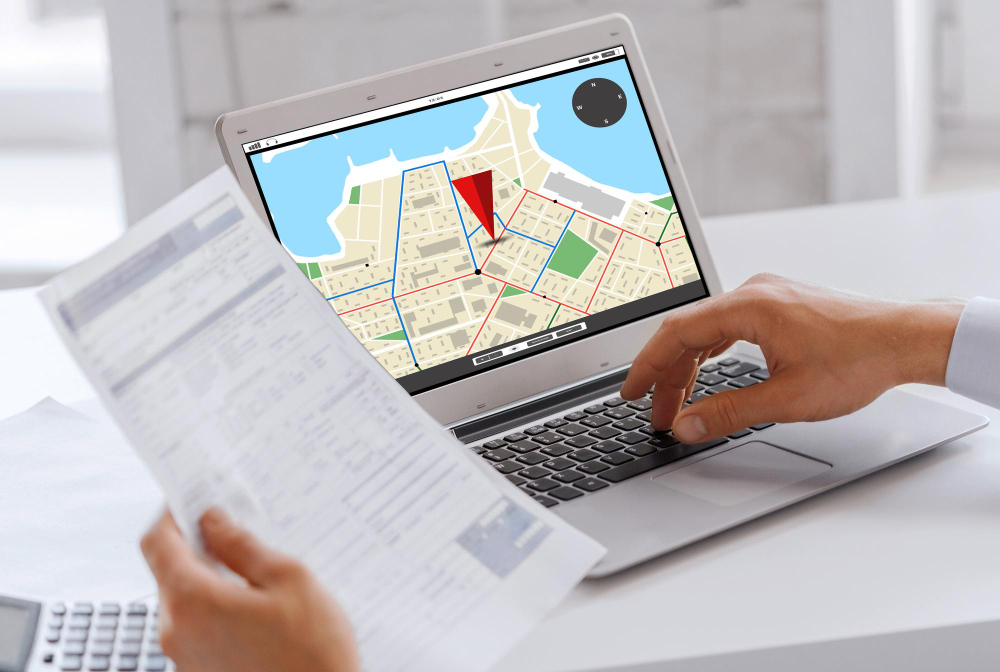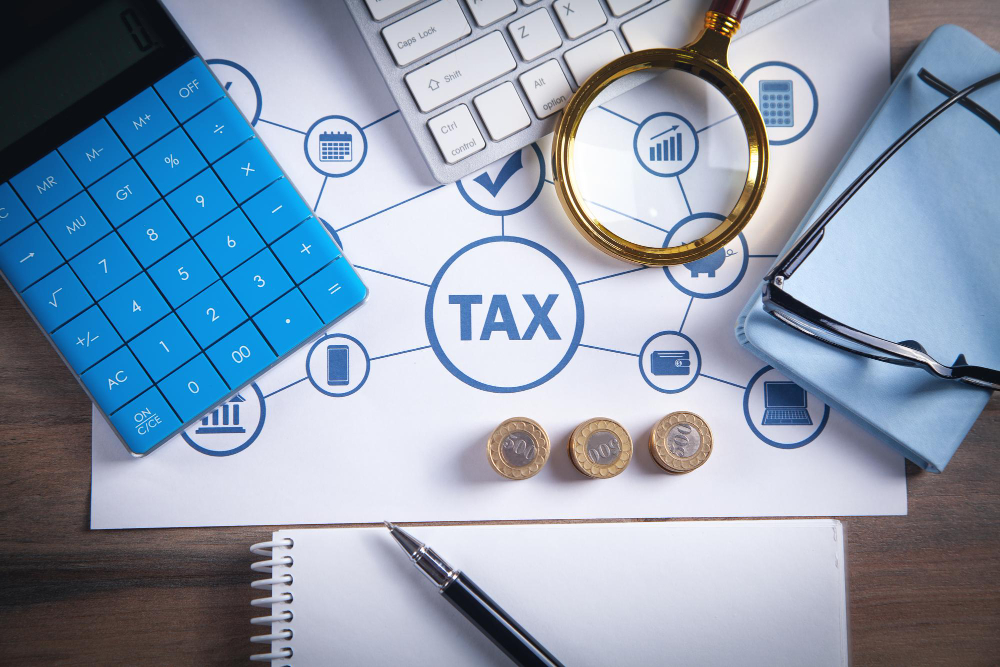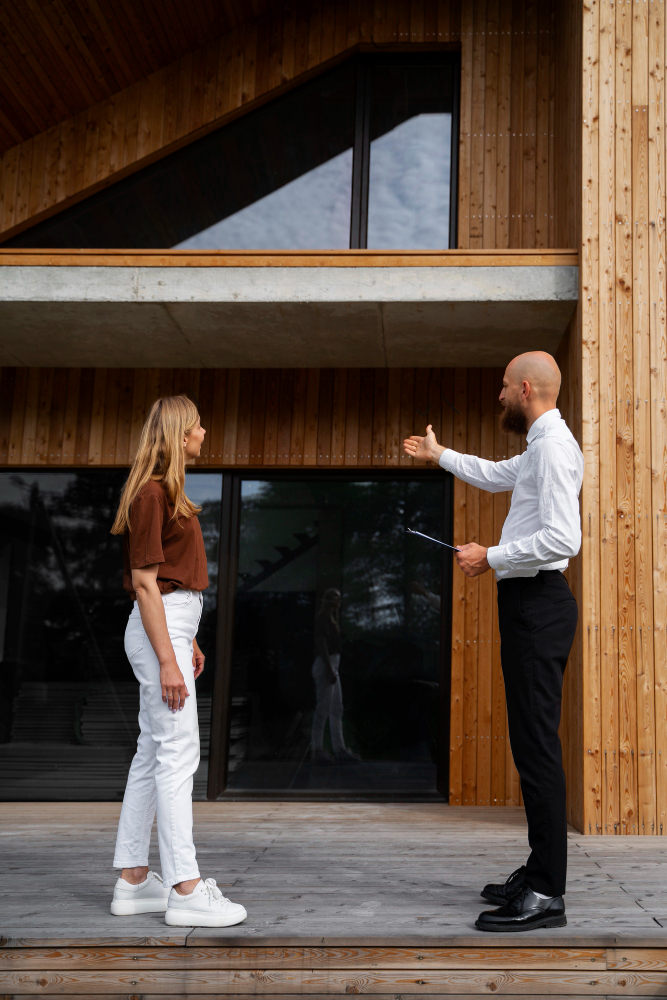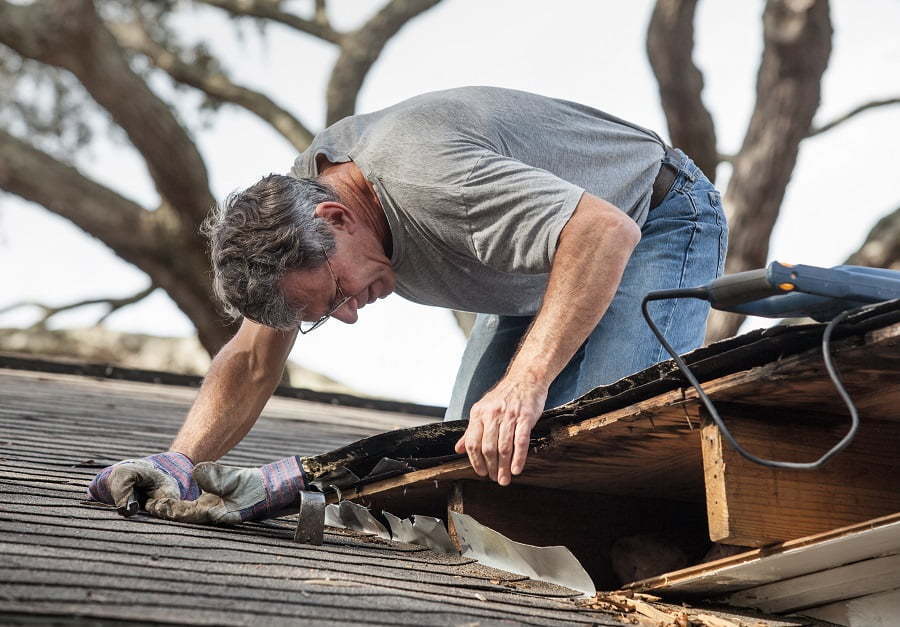Last updated on
Are you dreaming of owning a house in a picturesque foreign destination? The idea of having a home away from home, experiencing different cultures, and creating unforgettable memories sounds enticing.
However, before you embark on this exciting journey, it is crucial to consider certain important factors. In this blog post, we will explore the essential things you need to keep in mind before buying a house abroad.
Researching the Location

Before making any decisions, extensive research is vital. You need to familiarize yourself with the country or region where you plan to buy a house. Consider aspects such as culture, language, climate, economy, and political stability. Online resources, local contacts, and travel guides can be valuable sources of information during your research process.
Understanding the local culture and customs is essential for a seamless integration into the community. Language barriers can also pose challenges, so it’s worth considering how you will communicate and build relationships with locals. Additionally, climate plays a significant role in determining your comfort and lifestyle, so ensure it aligns with your preferences.
Legal and Financial Considerations

One of the most critical aspects of buying a house abroad is understanding the legal framework surrounding property ownership. Property laws can vary significantly from country to country. Differences in property rights, inheritance laws, and ownership restrictions can impact your investment.
In Thailand, for example, it is crucial for prospective buyers to understand the specific laws and regulations governing real estate transactions and property ownership in the country. Foreign nationals who are interested in owning properties in Thailand can gather more information here, for instance, to explore their homebuying options.
It is also highly recommended to consult with a local lawyer or real estate agent who specializes in international transactions. They can guide you through the legal processes, review contracts, and negotiate on your behalf.
Financing options are another crucial consideration. Research local banking requirements, and mortgage rates, and consider currency exchange rates. Depending on the country, financing options may vary, so it’s important to understand the available choices and associated costs.
Property Selection and Inspection

When buying a house abroad, it’s essential to visit the prospective properties in person. Photos and virtual tours can be deceptive, and being physically present allows you to assess the location, amenities, infrastructure, and potential resale value.
Engage the services of a professional property inspector to uncover any hidden issues that may not be apparent at first glance. This will help you make an informed decision and avoid any unpleasant surprises down the line.
Tax and Insurance Considerations

Understanding the tax implications of owning property abroad is crucial. Consult with tax experts who can guide you through the tax obligations in both your home country and the country where you plan to buy the property. Each country has its own tax laws, and it’s essential to be aware of your liabilities to avoid any legal complications.
Insurance coverage is another critical aspect to consider. Ensure you have adequate insurance for the property, including property insurance, liability insurance, and even health insurance if necessary. Understanding the local insurance requirements and finding a reputable insurance provider will provide you with peace of mind.
Local Laws and Regulations
Familiarize yourself with local building codes and regulations before making a purchase. Different countries have varying requirements regarding property construction and modifications.
Ensure that any renovations or additions you plan to make will comply with local regulations. It’s also worth noting that some countries have specific restrictions or requirements for foreign property owners, so be sure to research and understand these limitations.
Cultural and Lifestyle Factors
Buying a house abroad entails immersing yourself in a new culture and lifestyle. It’s important to consider how well you will adapt to the local customs, traditions, and way of life.
Language barriers can affect your daily interactions, so it’s worth considering language classes or finding a community that can offer support. Additionally, access to healthcare facilities, education options for children, and recreational activities are essential factors to evaluate when choosing a location.
Exit Strategy and Resale Potential
Having an exit strategy is crucial when buying a house abroad. Unforeseen circumstances may arise that necessitate selling the property. Research the property’s potential resale value and consider factors such as market trends, demand, and location desirability. This will help you make a more informed decision and be prepared for any future changes.
Buying a house abroad can be an exciting and fulfilling experience, but it requires careful consideration and planning. Thoroughly researching the location, understanding legal and financial considerations, conducting property inspections, and being aware of tax and insurance requirements are crucial steps to take.
Additionally, familiarizing yourself with local laws and regulations, considering cultural and lifestyle factors, and having an exit strategy will ensure a smoother transition into your life abroad. By keeping these important things in mind, you can make a well-informed decision and enjoy the benefits of owning a house in a foreign land.
Related reading:
Table of Contents





